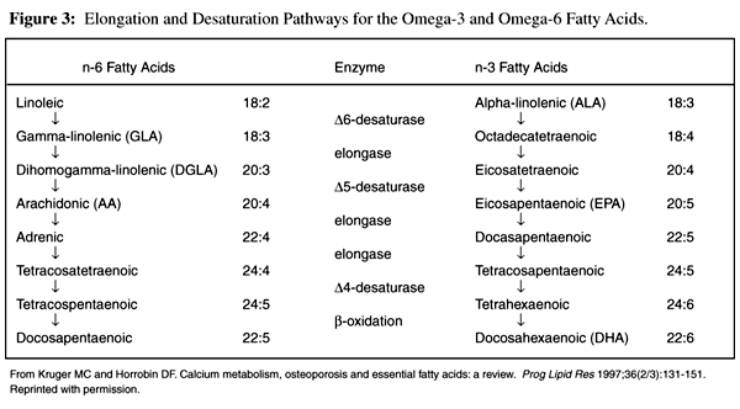Let’s Talk Supplementation
The debate over using supplements vs. getting “all you need from your diet” has raged on for years. Competent medical professionals are actually telling people that they get everything they need from their diet. Seriously?
What exactly is the “minimum daily requirement” of vitamins? A quick review of the Food Guide Pyramid should make certain things clear:
- Those recommended food servings (and it’s a LOT) only provides the MINIMUM vitamins required to avoid getting a vitamin dedficiency disease. WOW, great news. It is NOT enough for a growing child, pregnant woman, or ANYONE who is sick.
- If you added ALL that food to a bucket around your neck, you’d have to graze all day just to get it down, so you could absorb the bare minimum amounts of vitamins. Meanwhile, NHANES demographic analysis suggests that less than 10% of Americans actually eat that way. The rest of us end up suffering variations of the “Morgan Spurlock Syndrome”.
Did you see the movie Super Size Me? Morgan Spurlock lived on fast food for 1 month, and during that time his health declined, and he went from being a healthy young man into becoming flabby-baby-man (as Ah-nold would say).
So those of us who recommend supplementation, do so to help people fill in the nutrient gaps in their diet.
The Nutrition Page is loaded with useful information about the health benefits associated with the use of vitamins, mineral, and herbals. It is presented in a non-solicitous fashion, to help our readers make informed decisions about diet and health.
You may also find great value in this series of articles titled: Alternative Medicine Approaches to Disease They review a long list of conditions, and their responses to holistic management. Virtually all of these articles are culled from Alternative Medicine Review, the premier alt-med journal.



The average person is terribly confused when it comes to nutrition and supplementation. It’s no wonder really, when every day there’s a study published that says that this and that vitamin is bad for you. In every study it’s imperative to get a hold of the whole study and learn how the study was performed, simply reading abstracts leaves out too much valuable information. As a side note, once asked my primary doctor what he thought about vitamins and supplements…he told me they were useless. Needless to say he’s not my doctor anymore. If you don’t ask you don’t know.
Great post. We really have to keep spreading this message. One of the most common things my patients ask me is if they can the specific nutrient(s) I recommend through food. Usually, I say something like “yes, if you want to eat 15lbs. of oysters a day, for the next 3 months” or “yes that’s ideal, but we don’t live in an ideal world”. I guess docs who prescribe meds have no problem at all because you’re certainly (fortunately) not getting those from food.
Hi Tom
Thanks for your comments. It’s true that many studies have been published that can cause confusion. Unfortunately, most all of them use synthetic supplements, and often use only portions of the vitamin…like using B-6 or B-12, instead of all 8 of the naturally occurring B-vitamins.
Your question encouraged me to write a follow-up piece. I hope this will explain the flaws inherent in the last spate of down-with-supplement articles in JAMA.
Tom,
Your comment “simply reading abstracts leaves out too much valuable information” is only part of the truth. It’s also true that a significant number of abstracts make claims not borne out by the full-text paper, and medical epidemiologists have stated that up to 68% of abstracts from peer-reviewed journals are inaccurate.
And, needless to say, the media jumps on them regardless of their accuracy.
The food pyramid is upside down. The current model has at the base grains as the basis of our diet. This is so wrong on so many levels.
Of course, the same people who gave us the food pyramid also established the RDA values for nutrients. This system is also antiquated and ridiculous. They recommend 60 milligrams of vitamin C per day – because at 40 milligrams you get scurvy. LOL
And we wonder why there’s so much disease in this country.
The food pyramid has not changed in years because it is based on economics, not health. Its cheap, easy, and affordable to produce grains and package them. Shelf life is optimal, so “let them eat grains” all the more reason we need to educate people as Chiropractors
Thanks for your comments and the info you have on the website. My challenge is educating patients that their diet is inadequate and in most cases contributing to their condition. There is so much misinformation and inaccuracies out there most people don’t know what to do. I’m amazed how much nutrition and health care advice in general is disseminated via Facebook.
Ken Whidden, DC
Emerald Coast Chiropractic